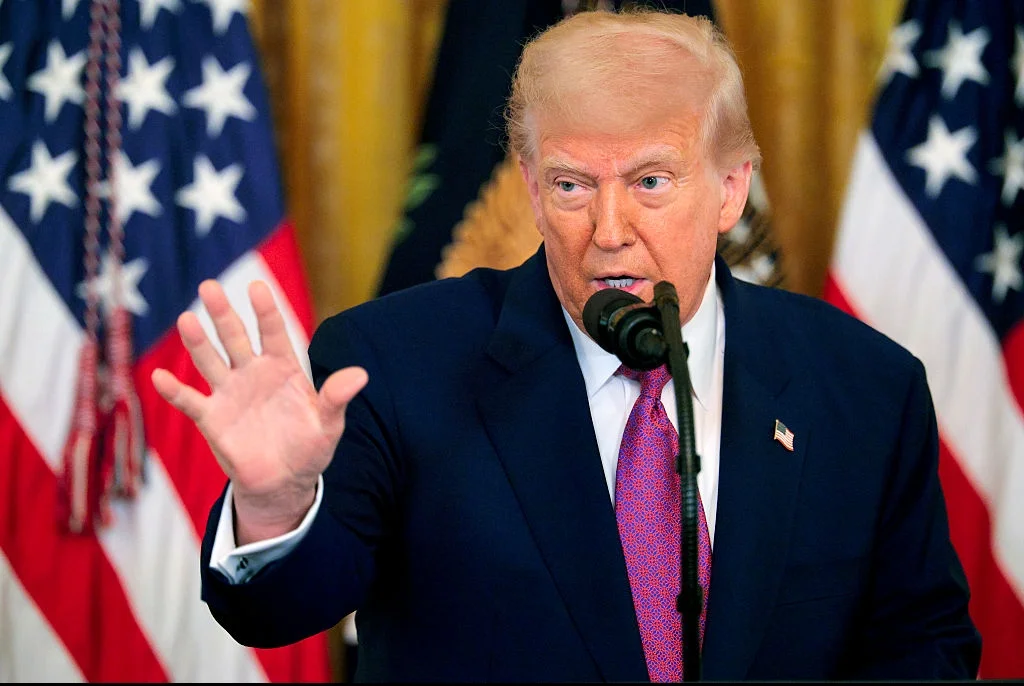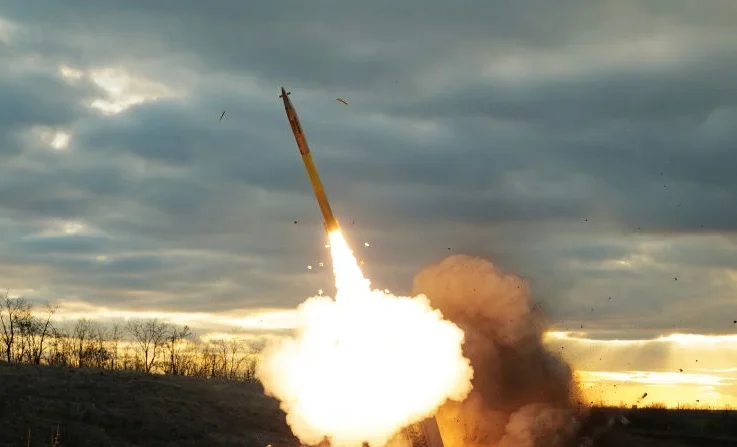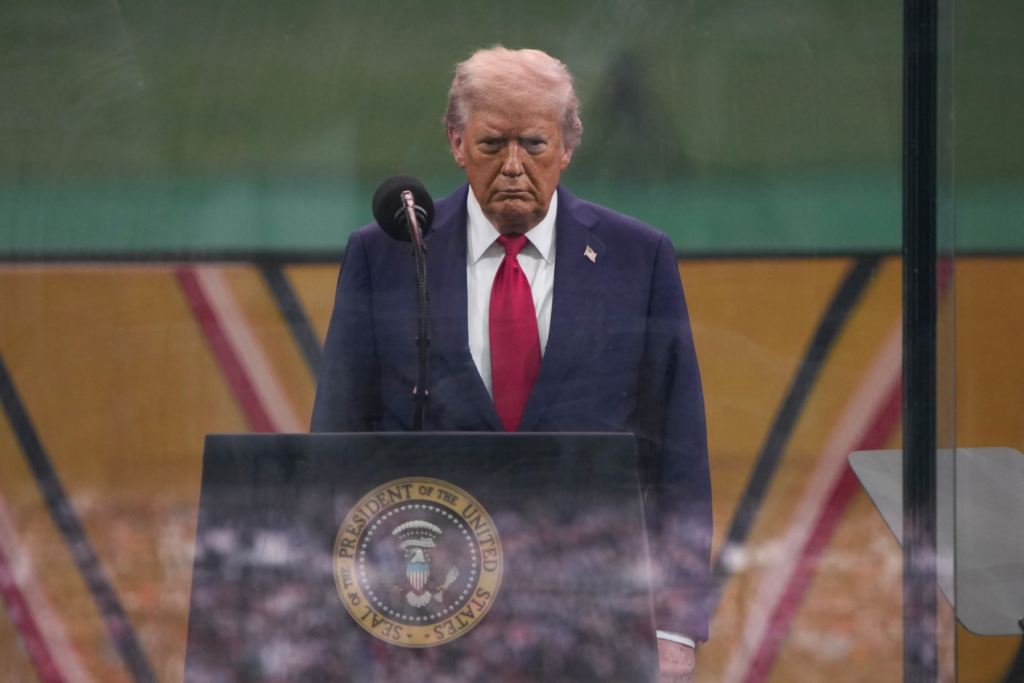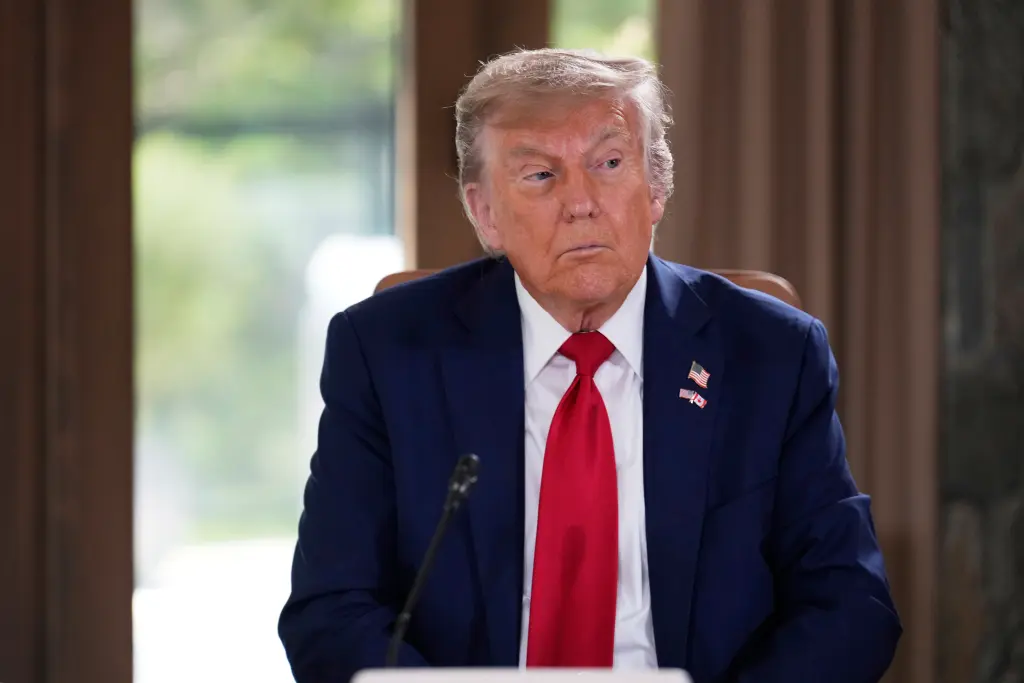If Donald Trump orders the deployment of nuclear weapons, an expert has explained what military troops can do if they have to say “no.”
As tensions rise around the world, so are fears of World War 3 or a full-scale global war.
Israel, the US, and Iran all have worries about the conflict being nuclear-armed, especially since Iran has friends in China and Russia.

But it doesn’t mean this is the only time people are frightened about nuclear weapons going off.
In 2017, when it seemed like the US was at war with North Korea, the expert talked about the circumstances under which military troops could refuse to follow Trump’s command to strike nuclear weapons.
Anthony Colangelo, a law professor at Southern Methodist University in Dallas, has talked about whether nuclear weapons are permissible and whether officers might say no.

The president is the only person who can give the order to use nuclear weapons because he is the commander-in-chief of the US Army. However, anyone who follows his orders could go to jail for life under certain circumstances.
Professor Colangelo told the BBC that the nuclear weapon could break the rules of international humanitarian. The laws say how countries should act when there is a war, and the US has signed treaties like the Geneva Conventions that agree with this.

He also noted that using nuclear weapons when regular weapons would work might make their use illegal. This is in addition to the fact that these bombs could kill both civilians and soldiers without distinction, which could also break the law.
Professor Colangelo said that if a president orders an illegal strike, the people who carry it out could be charged with war crimes and be legally required to refuse.
But he did point out that most of the time, things don’t go as well as they should.
The expert explained that on the ground, not everyone might be able to see that a judgment was made illegally. For example, the president or other high-ranking military leaders may not have the same information as the crews of submarines.

If you delay or dispute orders, it could make things worse in the long run, as that’s not the right thing to do in many high-risk scenarios.
If he says “no” to the president, he might fire generals and hire new ones. But if the new person thinks the president’s choice was illegal, they might also have to say no.
He said, “If subordinates start to doubt their orders, the whole military command structure could fall apart.”
